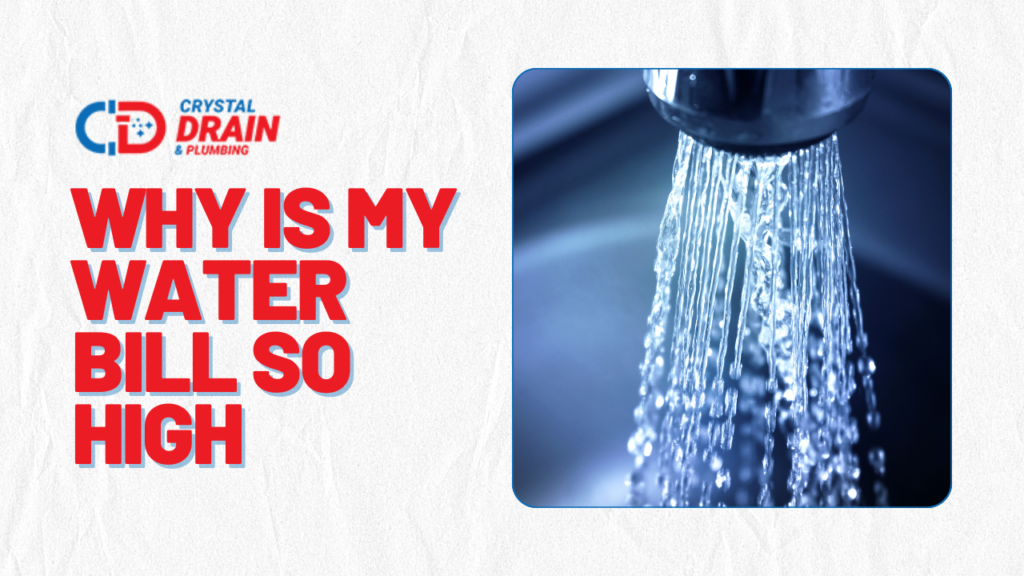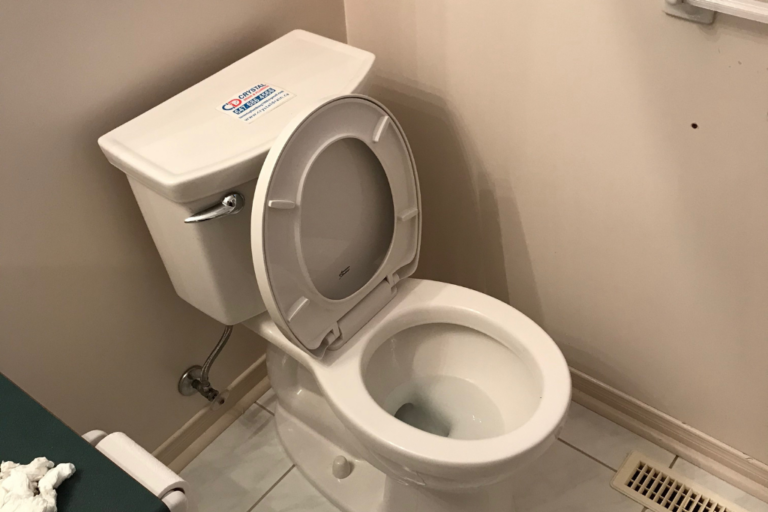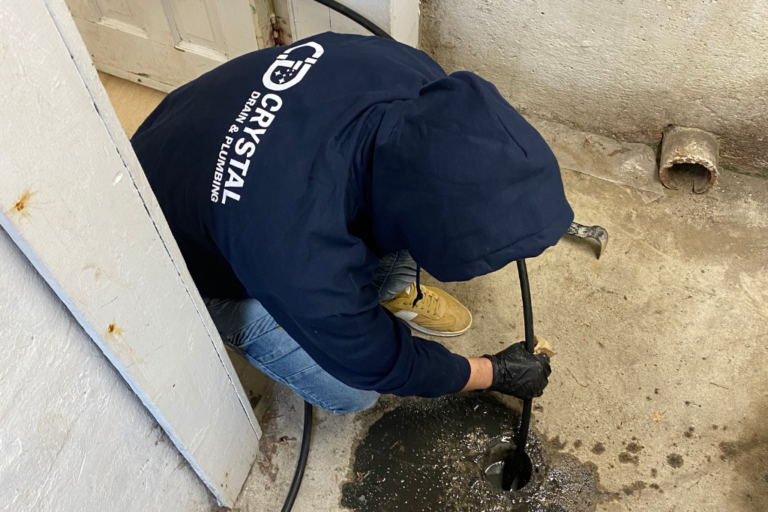Why Is My Water Bill So High

Last Updated: December 6, 2024
A sudden spike in your water bill can be frustrating and puzzling. Whether it’s due to a hidden issue or seasonal changes, understanding the common causes can help you identify and resolve the problem quickly. Let’s explore some of the most frequent reasons for high water bills and tips to manage your water usage more effectively.
Key Takeaways
- Leaky Fixtures Are Costly: A running toilet or dripping faucet can waste thousands of gallons annually, significantly raising your water bill. Regularly check and repair leaks.
- Undetected Underground Leaks: Hidden leaks beneath your property can waste water without noticeable symptoms, except for wet patches or increased water usage.
- Inefficient Watering Practices: Overwatering or faulty irrigation systems can spike water usage, especially during summer. Smart watering techniques can save gallons.
- Modern Fixtures Save Water: Upgrading to water-efficient fixtures like low-flow toilets and faucets can drastically reduce water consumption.
- Monitor and Maintain: Regular inspections of your plumbing system and proactive maintenance are essential to avoid unexpected water costs.
Common Causes of High Water Bills
1. Leaking Toilets
A running toilet can waste up to 200 gallons of water per day—that’s over 6,000 gallons a month! Often, the problem lies with a faulty flapper valve or a worn-out fill valve. These components are inexpensive and easy to replace, making it one of the most cost-effective ways to curb water waste.

2. Dripping Faucets
A seemingly insignificant drip—just one per second—can waste more than 3,000 gallons of water per year. Faucets often drip due to worn-out washers, seals, or gaskets. Fixing these small components is a quick and impactful solution.
3. Underground Leaks
Leaks in underground pipes are harder to detect but can result in substantial water loss. Signs include unusually lush patches of grass, soggy spots in your yard, or a consistent hissing sound near your water main. Hiring a professional plumber to inspect and repair these leaks is crucial.
4. Faulty Irrigation Systems
Irrigation systems are convenient for maintaining a lush garden, but broken sprinkler heads, misaligned nozzles, or inefficient programming can waste gallons of water daily. Use smart irrigation controllers and conduct regular maintenance to avoid unnecessary usage.
5. Hidden Household Leaks
Leaks behind walls, under sinks, or in crawl spaces often go unnoticed until the damage is done. Check for water stains, mold growth, or musty smells as potential indicators of hidden leaks.

How to Address and Prevent High Water Bills
Monitor Your Water Usage
- Read Your Water Meter: Take a meter reading before and after a two-hour period when no water is being used. If the numbers change, you likely have a leak.
- Install Smart Meters: These devices track your water usage in real-time and can alert you to unusual spikes.
Inspect Regularly
Routine maintenance of plumbing fixtures and systems can help detect minor issues before they escalate. Don’t wait until you see a spike in your bill to take action.
Upgrade to Efficient Fixtures
- Replace old toilets with low-flow models that use less water per flush.
- Opt for aerated faucets and showerheads to reduce water flow without sacrificing pressure.
- Consider ENERGY STAR-rated appliances, which are designed for optimal water and energy efficiency.
Optimize Outdoor Watering
- Water Smartly: Water your lawn early in the morning or late in the evening to minimize evaporation.
- Adjust Sprinklers: Ensure they only target grass and plants, not sidewalks or driveways.
- Use Mulch: Mulching your garden helps retain soil moisture, reducing the need for frequent watering.
FAQs About High Water Bills
Check your water meter before and after a two-hour period without water use. If the reading changes, you may have a hidden leak.
Yes, older fixtures often use more water than modern, efficient alternatives. Consider upgrading to low-flow or ENERGY STAR-rated options.
Wet patches may indicate underground leaks. Contact a professional plumber for a detailed inspection and repair.
Not always. Seasonal changes, increased household activities, or inefficient fixtures can also cause higher bills.
Inspect your plumbing system at least once every six months and address any visible issues promptly.
